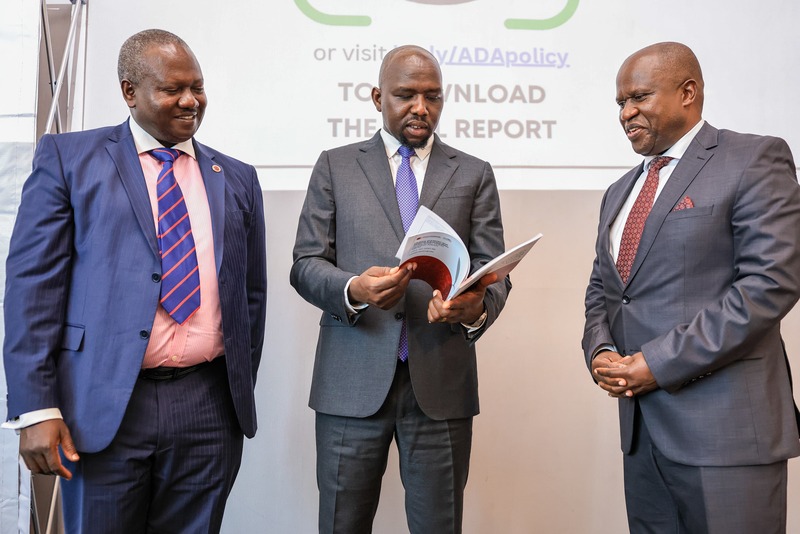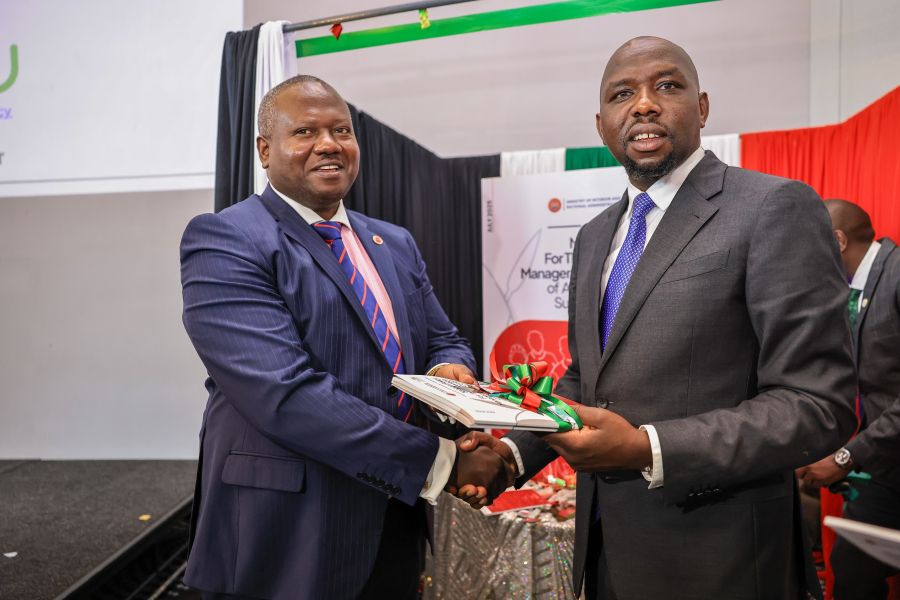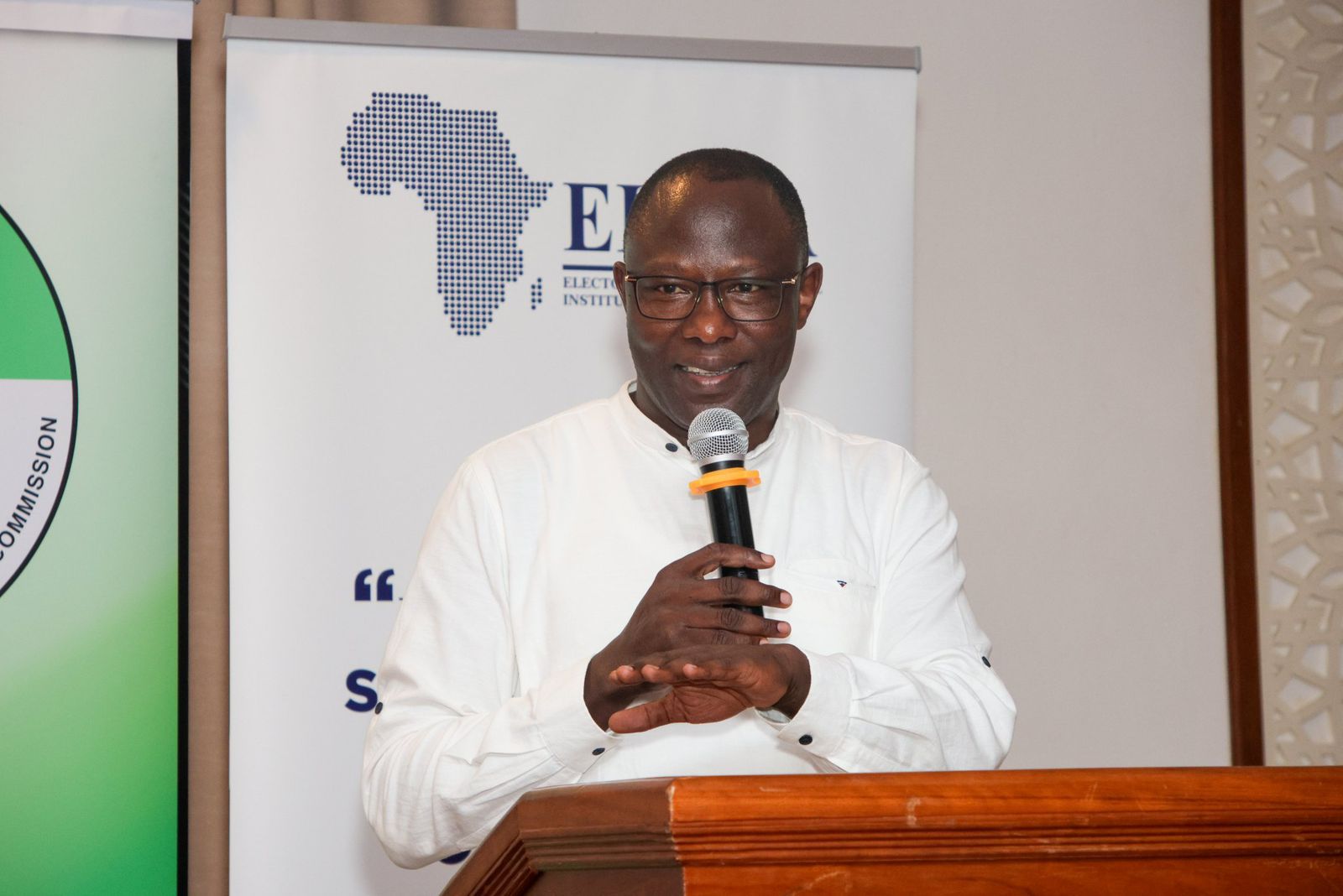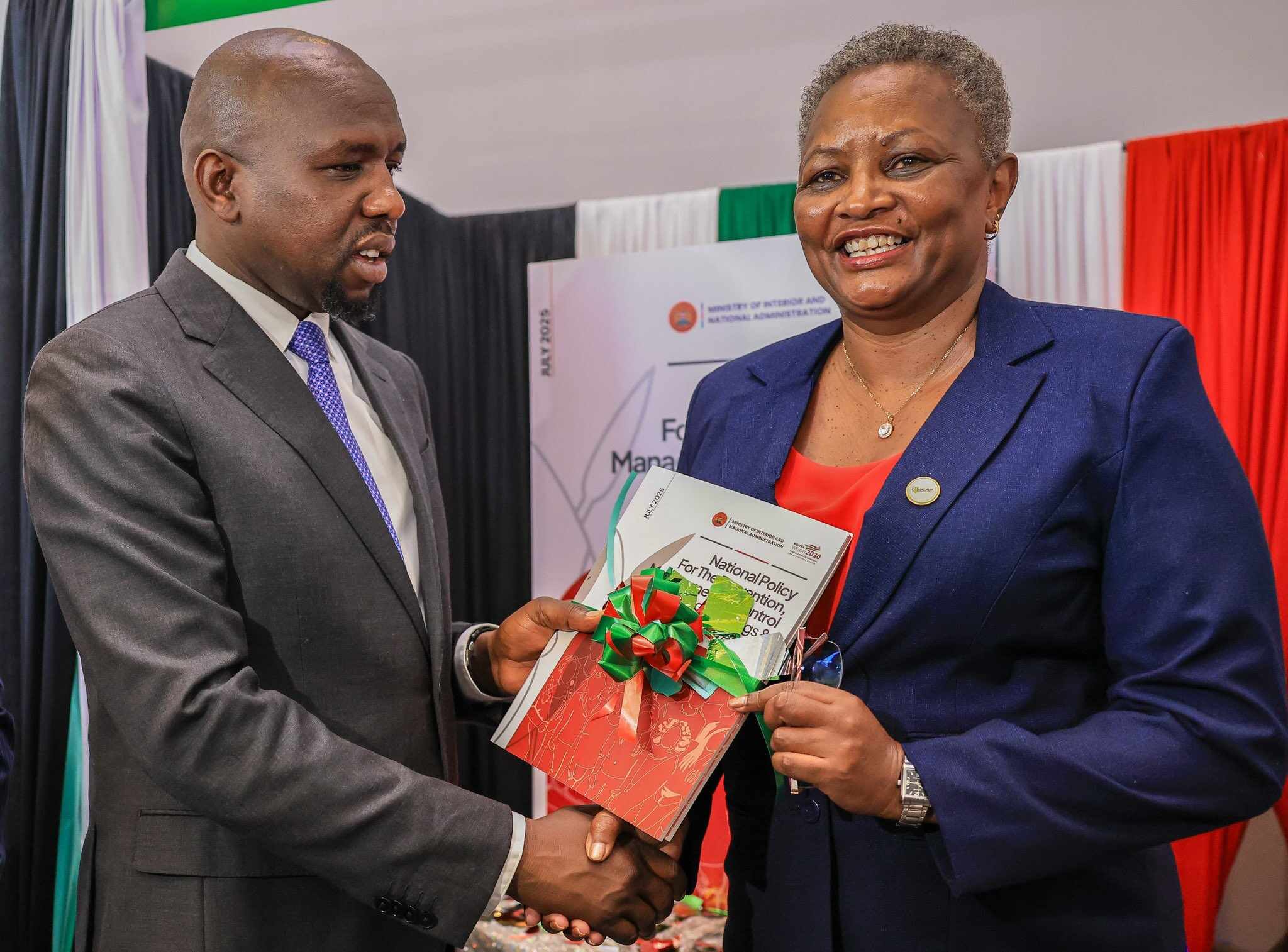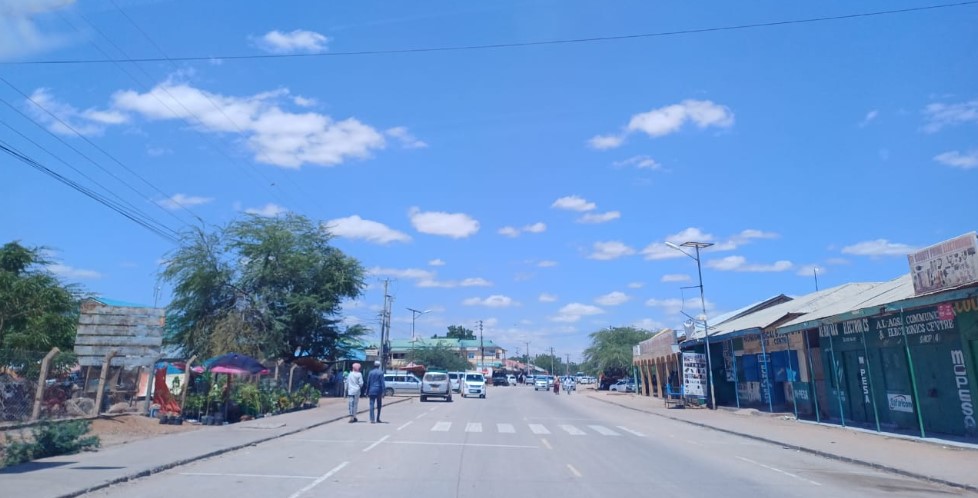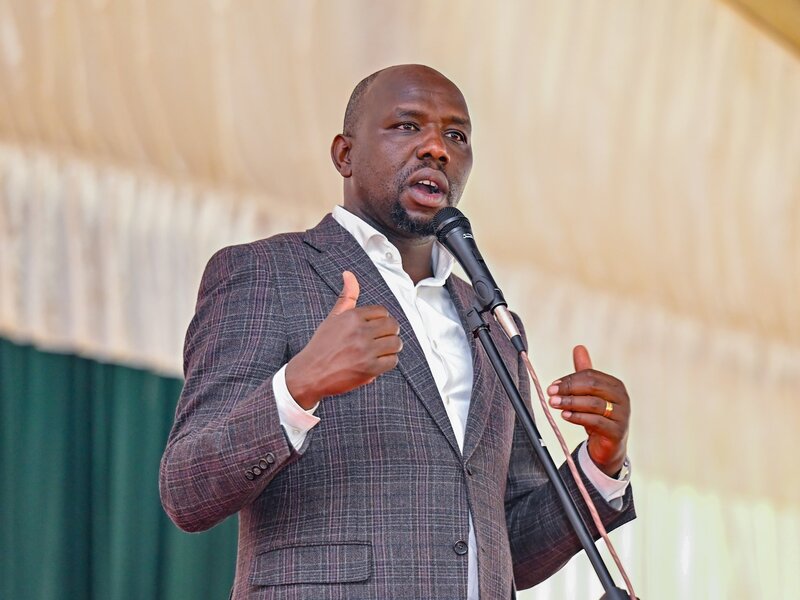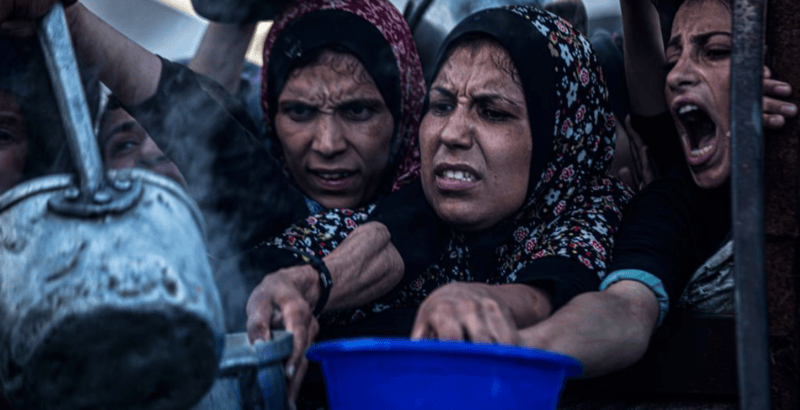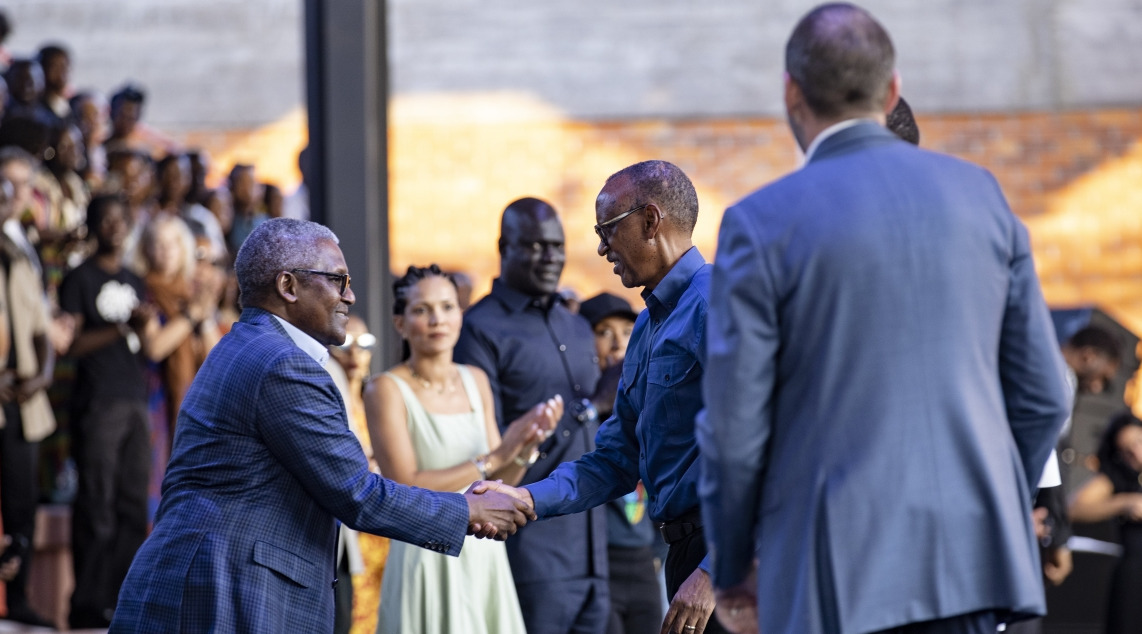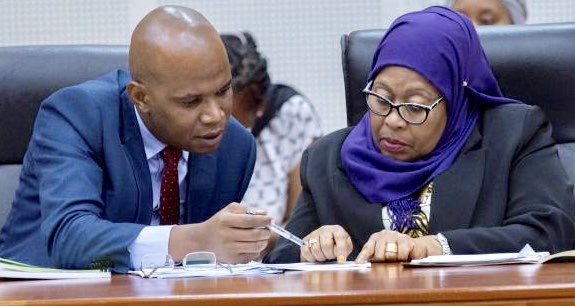UAE, Saudi Arabia competing interests in Horn of Africa
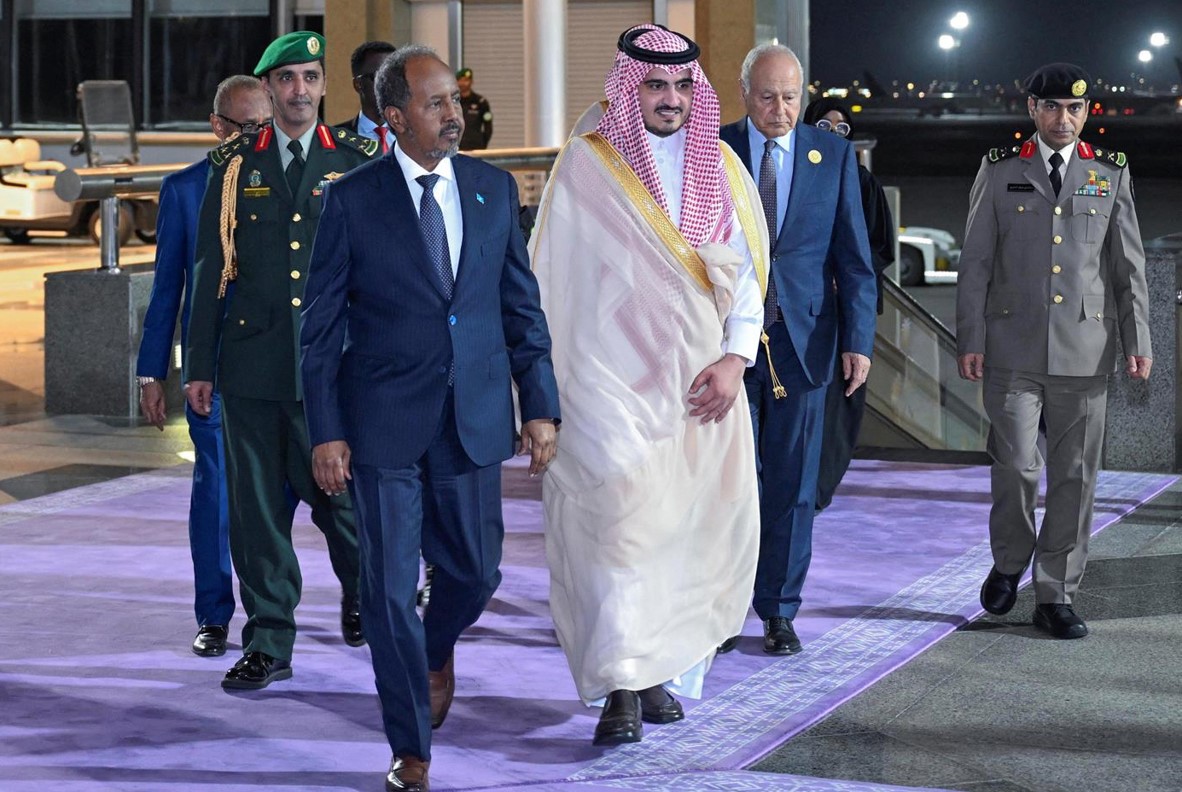
Approximately Sh2.19 trillion has been spent on different African development projects
As the United Arab Emirates seeks to expand its geopolitical influence, its growing presence in the Horn of Africa and across the continent is introducing competitive pressures, challenging the dominance of established players like the US and the BRICS nations, including India, Russia, and China.
Over the past decade, the UAE has emerged as one of the largest investors in Africa among the GCC states and is the fourth-largest investor globally in Africa after China, Europe and the United States.
More To Read
- Stephen Munyakho, Kenyan man on death row in Saudi Arabia, freed- PS Sing’Oei
- Saudi Arabia’s ‘Sleeping Prince’ dies after 20 years in coma
- Sudan accuses UAE of 'manipulating global forums' to shield RSF
- Travel agencies warn of unexplained United Arab Emirates visa denials for Kenyans below 40
- Kenya defends UAE ties, denies aiding Sudan's RSF
- Kenya blames Egypt, Iran, UAE for fuelling Sudan war in explosive geopolitical accusation
According to a real estate consultancy Knight Frank, in 2018 alone, the Abu Dhabi Fund for Development financed more than 66 projects in 28 African countries, valued at $16.6 billion (Sh2.19trillion)
Between January 2016 and July 2021, the UAE invested $1.2 billion (Sh158.9 trillion) into sub-Saharan Africa, a staggering 88 per cent of the GCC total.
Nowadays, Riyadh, Abu Dhabi and to some extent, Doha are competing for strategic influence and trade in the continent.
When Addis Ababa finalised a sea access agreement with Somaliland, a breakaway region of Somalia, Abu Dhabi had already exerted considerable influence in developing and expanding the Berbera port, highlighting the UAE’s strategic interests in the Horn of Africa.
Analysts argued that the deal had Abu Dhabi’s fingerprints all over when it was signed.
In May 2016, DP World, a maritime trade conglomerate based in Dubai, entered a $422 million (Sh58.8 billion) deal with the government of the breakaway region of Somaliland to transform the port into a key regional trade hub.
 President of the United Arab Emirates, Sheikh Mohamed bin Zayed Al Nahyan (C) and the Vice President of the United Arab Emirates, Sheikh Mansour bin Zayed Al Nahyan (rear R) is welcomed by children ahead of an official meeting with the Prime Minister of Ethiopia, Abiy Ahmed (2nd L) at the Addis Ababa Bole International Airport in Addis Ababa, Ethiopia on August 18, 2023. (Photo by UAE Presidential Court/Anadolu via AFP)
President of the United Arab Emirates, Sheikh Mohamed bin Zayed Al Nahyan (C) and the Vice President of the United Arab Emirates, Sheikh Mansour bin Zayed Al Nahyan (rear R) is welcomed by children ahead of an official meeting with the Prime Minister of Ethiopia, Abiy Ahmed (2nd L) at the Addis Ababa Bole International Airport in Addis Ababa, Ethiopia on August 18, 2023. (Photo by UAE Presidential Court/Anadolu via AFP)
Ali Bakir, an Assistant Professor at Qatar University’s Ibn Khaldon Center, noted that the UAE’s agreement in the Horn, notably through DP World’s ventures, aligns with its strategic goals to foster cooperative administrations along the Red Sea corridor.
Maritime security strategy
In a January article for the New Arab, Ali emphasised the significance of this engagement for the UAE’s maritime security strategy and its investment endeavours in the region.
He argued Abu Dhabi’s foray into Africa, including developments in Somaliland was seen as a part of a wider rivalry among Middle Eastern powers, with the UAE seeking to expand its influence in contrast to other regional powers like Qatar and Turkey, who have great influence in Somalia.
Last year, the Tanzanian government signed a controversial port management deal with DP World that fueled protests in the East African Community member state and led to the arrests of dozens of critics.
Tanzania Ports Authority Director General Plasduce Mbossa said that DP World will only operate four berths of the Dar es Salaam port, and not the entire port.
Other Topics To Read
Its performance would be reviewed every five years for a total contractual period of 30 years.
DP World, which describes itself as a “long-time friend and partner to Africa”, indicates on its website they’re ready and committed to supporting the region’s economic growth and diversification.
They argue their business is trade and not aid.
In December 2022, the Dubai firm signed a construction agreement with the Government of Puntland, a state in Somalia, to expand and undertake upgrade work at the Port of Bosaso.
Following completion, the port will be capable of handling container vessels, allowing it to draw more direct calls from feeder ships from Dubai and other regional destinations.
Economic counterweight
Like China, Turkey and Russia, the UAE has increasingly become a political and economic counterweight to the West in Africa.
It brokered a peace deal between Eritrea and Ethiopia in 2018 and delivered thousands of tonnes of food aid to Somalia in 2022 amid warnings of a looming famine. These relationships have given DP World a near monopoly in the Red Sea region, just north of
Tanzania.
Saudi Arabia, Abu Dhabi’s primary adversary amongst the Gulf countries, is also pursuing a strategy of security power projection, foreign policy diversification, and economic market development in the Horn of Africa.
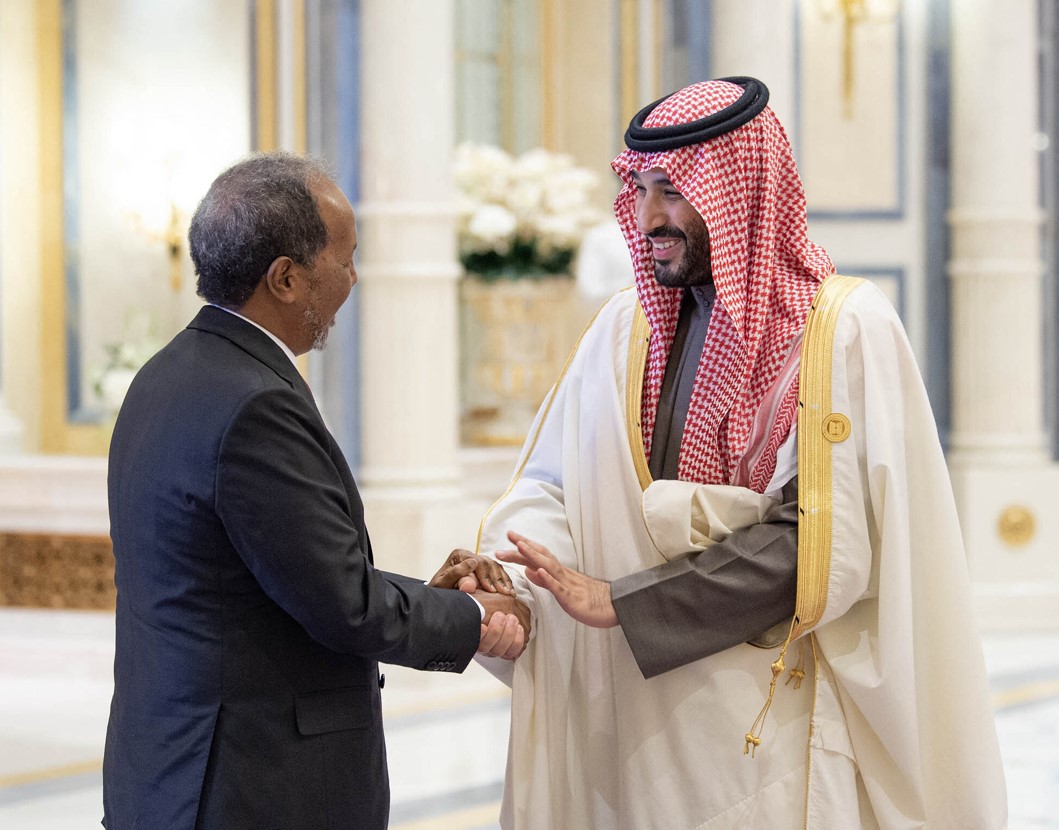 Crown Prince of Saudi Arabia Mohammad bin Salman al-Saud (R) greets President of Somalia Hassan Sheikh Mohamud (L) during the 43rd Gulf Cooperation Council (GCC) Summit in Riyadh, Saudi Arabia on December 09, 2022. (Photo: Royal Court of Saudi Arabia/Anadolu Agency via AFP)
Crown Prince of Saudi Arabia Mohammad bin Salman al-Saud (R) greets President of Somalia Hassan Sheikh Mohamud (L) during the 43rd Gulf Cooperation Council (GCC) Summit in Riyadh, Saudi Arabia on December 09, 2022. (Photo: Royal Court of Saudi Arabia/Anadolu Agency via AFP)
It was the second largest Gulf investor in Africa after the UAE between 2012 and 2022 at $25.6 billion (Sh 3.39 trillion) then Qatar at $7.2 billion (Sh953 billion) Kuwait at $5 billion (Sh662 billion) and Bahrain at $4.2 billion (Sh553.2 billion)
According to Greenfield Investment Data Service, the combined foreign direct investment of the top Gulf Cooperation Council (GCC) states in Africa amounted to around $101.9 billion (Sh13.4 trillion) during that period,
FDI Markets and the main beneficiaries of these inflows were Egypt, Morocco, Algeria, Nigeria and South Africa.
In their 2022 policy brief, Megatrends Afrika, argued that Riyadh in contrast to Abu Dhabi lacked suitable instruments to implement its interests over the long term.
However, Saudi’s influence in 2016 made Sudan, Somalia, and Djibouti close their embassies in Tehran, Iran.
In January 2016, Somalia received $50 million (Sh6.6 billion) in return.
According to Megatrends Afrika, which provides political research and independent counselling in international relations, foreign policy and security policy for the German parliament on African trends, the Sudanese central bank had already been provided with deposits of $1 billion (Sh13.4 trillion) in 2015.
Riyadh agreed with Asmara in April 2015 to work together against external security threats in the Red Sea and Yemen, a clear move to counter Iran’s role in the region.
Top Stories Today

